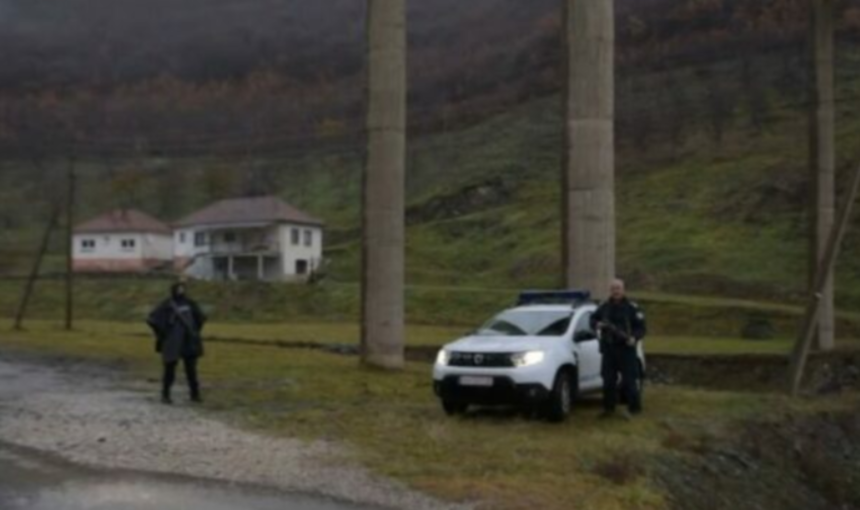A significant portion of Kosovo’s critical assets are located in the country’s northern region, an area marked by ongoing tensions. These assets include the Ujman Lake and its hydroelectric power plant, as well as the Ibër-Lepenc Canal, which supplies water to the rest of the country.
In addition to these key resources, the region also hosts vital infrastructure such as roads and bridges. These infrastructures, especially those near the Varagë area, are being continuously monitored and protected.
However, recent events have raised concerns about the security of these critical assets. The terrorist attack on the Ibër-Lepenc Canal was the third such incident in northern Kosovo in November alone. A few days prior, grenade attacks targeted the municipal building and police station in Zveçan. Criminal groups have also targeted other sectors of critical infrastructure, with instances of telephone cables being severed to prevent the establishment of new state institutions.
On December 10, the Minister of Internal Affairs warned of possible future attacks by criminal groups. This time, however, the threat could extend beyond the north to the southern parts of Kosovo, signaling a potential shift in focus for national security forces.
The repeated attacks on vital infrastructure, such as the Ibër-Lepenc Canal, have highlighted the need for greater protection of Kosovo’s critical infrastructure nationwide. This concern is especially relevant as the country has already taken steps to safeguard these assets through the adoption of a relevant law in 2018.
Experts in the field of security and infrastructure emphasize that Kosovo’s water and electricity sectors remain particularly vulnerable, with risks stemming from both external threats and internal shortcomings.
One notable failure, experts argue, is the unfulfilled plan to build an additional artificial lake in 2014, which was intended to support the cooling of power plants in Kosovo B—responsible for over 60% of the country’s electricity consumption. The failure to execute this project has been viewed as a major missed opportunity, as additional water resources are critical for ensuring the stability of the energy sector in emergency situations like the Varagë crisis.
Given the current vulnerabilities in key sectors, experts are urging the government to prioritize the safeguarding of existing infrastructure, calling it essential to Kosovo’s long-term stability and security.
As Kosovo continues to face security challenges, ensuring the protection of its critical infrastructure will remain a priority for the government, especially in regions where threats to national assets are most pronounced.
Source: KlanKosova






